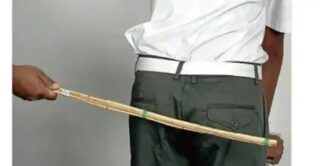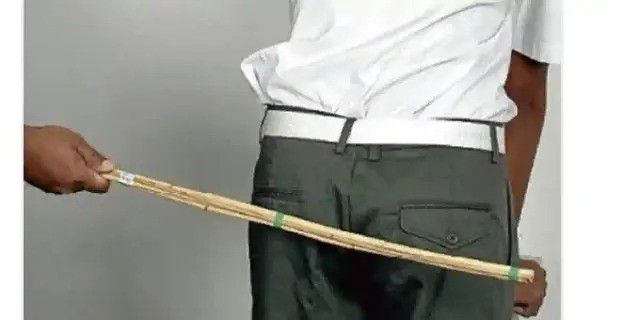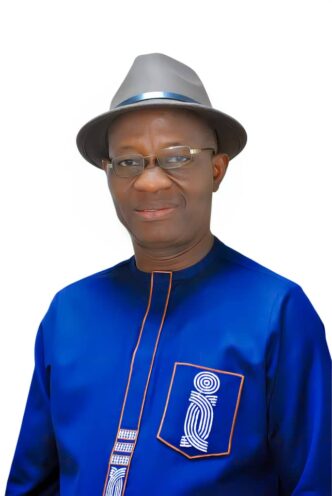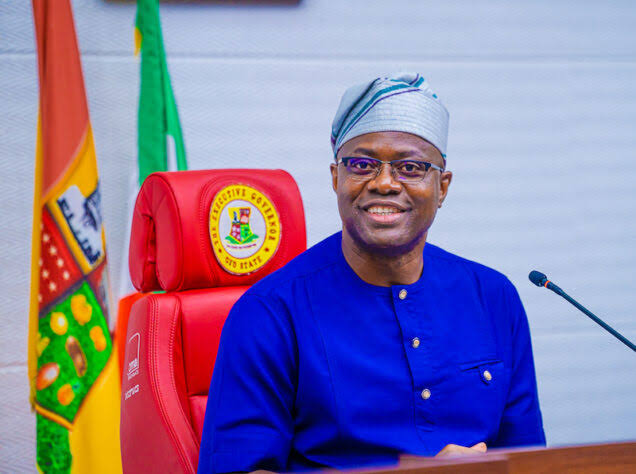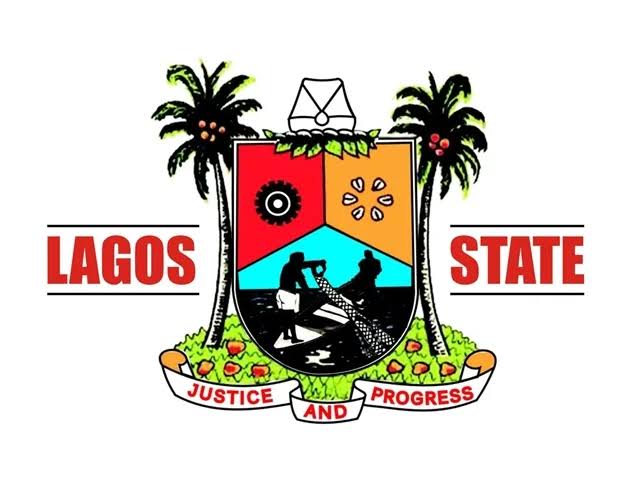Lagos state government has reiterated its ban on corporal punishment in public schools, emphasising the importance of counseling as a more effective method for addressing student behavior.
Gatekeepers News reports that Jamiu Alli-Balogun, the State’s commissioner for basic and secondary education, addressed this issue in a statement to News Agency of Nigeria on Monday.
He highlighted that the practice of flogging students for indiscipline or other forms of misbehavior is strictly prohibited. The commissioner expressed concern about the potential risks associated with flogging, including the possibility of injury, fainting, or even death. He argued that corporal punishment is not the most appropriate way to guide students toward better behavior.
“There is a policy here in Lagos and other parts of the country prohibiting teachers from giving corporal punishment to students/pupils,” he said.
“Against flogging of students, we have adopted counselling as a measure of correction.”
Alli-Balogun said minor punishments such as kneeling, picking dirt, and cutting grass within the school premises could also be applied.
“This is part of our positive reinforcement, it is a powerful tool for shaping behaviour and encouraging desired outcomes,” he added.
“The idea is to bring to the student’s knowledge, reasons he/she must not misbehave.
“The counselling is basically to correct.”
Alli-Balogun blamed most misbehaviour by students on poor parental upbringing.
“Parents must wake up to their responsibilities and have time for their children. As a government, we will continue to do our best to eradicate indiscipline and make the learning environment friendly for all,” he added.
The commissioner said that there has been an improvement in discipline among students.
“Students are now becoming conscious of their actions and the consequences.”
The Lagos state government banned corporal punishment in 2022 for both privately-owned and public schools.
It implemented the Safeguarding and Child Protection Programme in School that same year.

